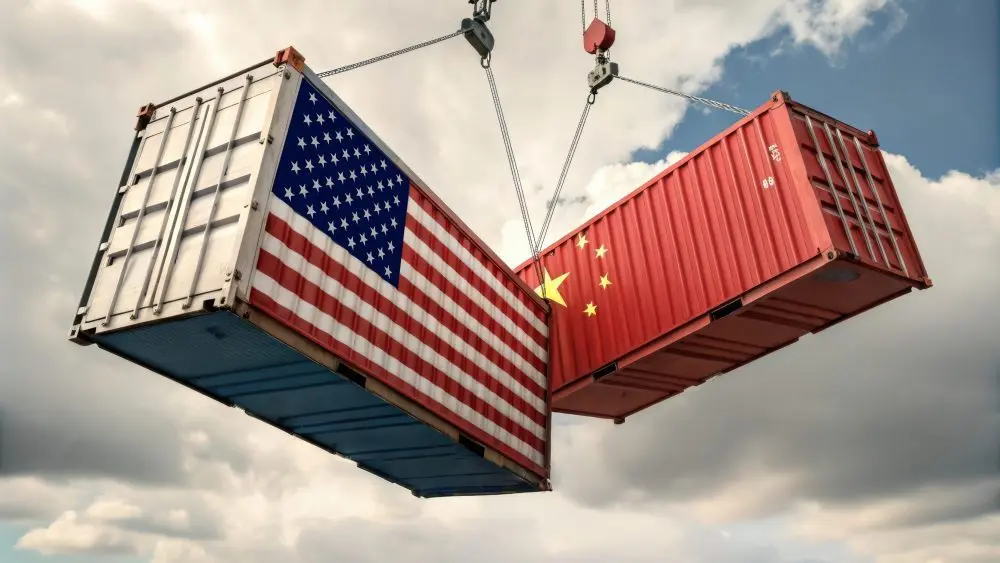Treasury Secretary Scott Bessent confirmed that the meeting between President Trump and China’s leader Xi (Zhee) Jinping is back on after their latest trade fight, keeping hopes alive for progress on U.S. soybean exports.
Bessent told Fox Business News that President Trump will meet with Xi at the Asia Pacific Economic Cooperation Summit in South Korea next month, despite the recent flare-up between Washington and Beijing. “He will be meeting with Party Chair Xi in Korea. There has been substantial communication over the weekend,” Bessent said.
The announcement comes after Trump threatened to impose 100 percent tariffs on Chinese goods by November 1st, following Beijing’s new export controls on rare earth minerals used in both military and civilian electronics. Trump said he plans to raise the issue of China’s effective ban on U.S. soybeans during his upcoming talks with Xi, saying, “He’s got things that he wants to discuss with me, and I’ve got things that I want to discuss with him, and one of the things is soybeans.”
China remains the largest global importer of soybeans, a cornerstone of U.S. agricultural exports. American soybean shipments to China have fluctuated since the trade war began in 2018, when tariffs and non-tariff barriers disrupted trade. Farm groups say renewed dialogue between the two leaders could help restore market access and stabilize prices that have been under pressure in recent months.
Soybean futures edged slightly higher Monday on news that the Trump–Xi meeting is back on, as traders bet that the talks could help ease export restrictions. Analysts say any progress on agricultural trade could have an immediate impact on commodity markets and farmer sentiment heading into harvest.
The renewed dialogue comes amid heightened tensions between the world’s two largest economies, with disputes spanning rare earth minerals, technology, and national security. U.S. officials view China’s export controls on critical minerals as a direct threat to both defense manufacturing and the supply chains that power industries from electronics to renewable energy.
The president had previously suggested he might cancel the meeting after China announced the new export restrictions but later appeared to soften his stance, posting on Truth Social that things “will work out” with China and that Xi “just had a bad moment.”
Bessent expressed optimism that tensions could ease before the summit. “I am optimistic that this can be de-escalated,” he said, adding that talks with Beijing are continuing. The Treasury secretary noted that while President Trump could still decide against implementing the tariffs, all options remain “on the table” to discourage China from restricting exports of critical minerals.
Congressional leaders have also urged the administration to secure stronger enforcement mechanisms in any future trade discussions with China. Lawmakers warn that without firm commitments, China’s actions could continue to threaten U.S. agriculture and manufacturing sectors.
While the outcome of next month’s summit remains uncertain, agricultural economists say even symbolic progress could help calm markets and rebuild confidence among farmers who depend heavily on trade with China.
